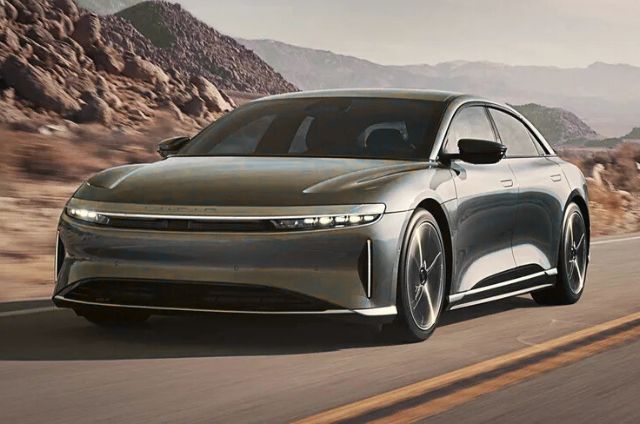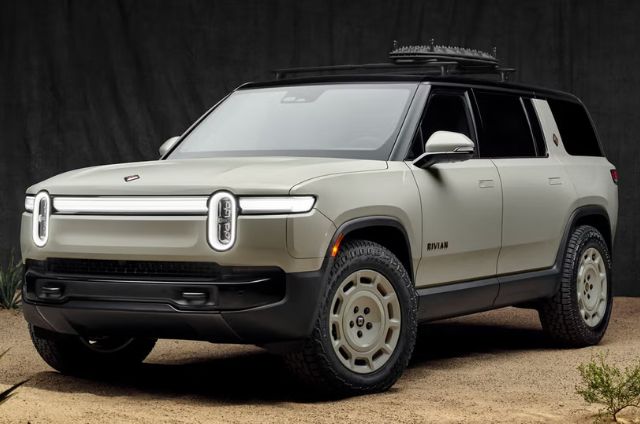A Hidden Perk of Electric Driving
Electric vehicles are changing more than how we fuel up. Owners with over 100,000 miles are noticing something surprising: fewer rattles and squeaks compared to many gas-powered cars. The difference may come down to one simple factor — vibrations.
The Role of Engine Vibrations
In internal combustion vehicles, engines constantly create low-level vibrations. Whether at idle around 1,000 rpm or cruising at higher speeds, these vibrations travel through the chassis for years. Over time, they can loosen small fittings, clips, and panels, eventually causing the phantom squeaks and rattles drivers know all too well.
EVs, however, skip this stress entirely. With no pistons firing or exhaust systems shaking, the cabin stays calmer. That lack of constant vibration may be why some EVs remain quiet and solid even past 120,000 miles.
Real Drivers Share Their Experience
One owner with a 2018 EV boasting over 120,000 miles described the cabin as “as quiet and smooth as ever.” Others echo the same sentiment, noting that their cars feel “like new” even after years of heavy use. Some drivers even compare their EVs favorably to high-quality ICE vehicles known for durability, such as Lexus or Toyota.
Of course, not every EV is completely silent. Build quality still matters, and road noise or suspension wear can introduce sounds over time. But many agree that the absence of engine vibrations gives EVs a natural advantage in staying squeak-free for longer.
A Quieter Future on the Road
This unexpected benefit highlights another way EVs redefine the driving experience. Beyond instant torque and lower running costs, they may also offer a more peaceful cabin life over the long haul. For drivers who have dealt with years of rattles in ICE cars, that’s a small but meaningful perk.
As EVs rack up higher mileage, one thing is becoming clear: silence isn’t just golden — it’s durable.



